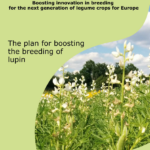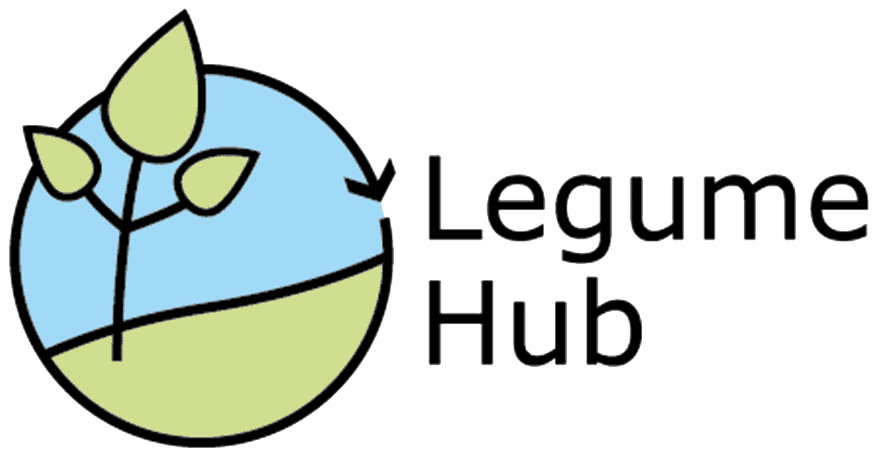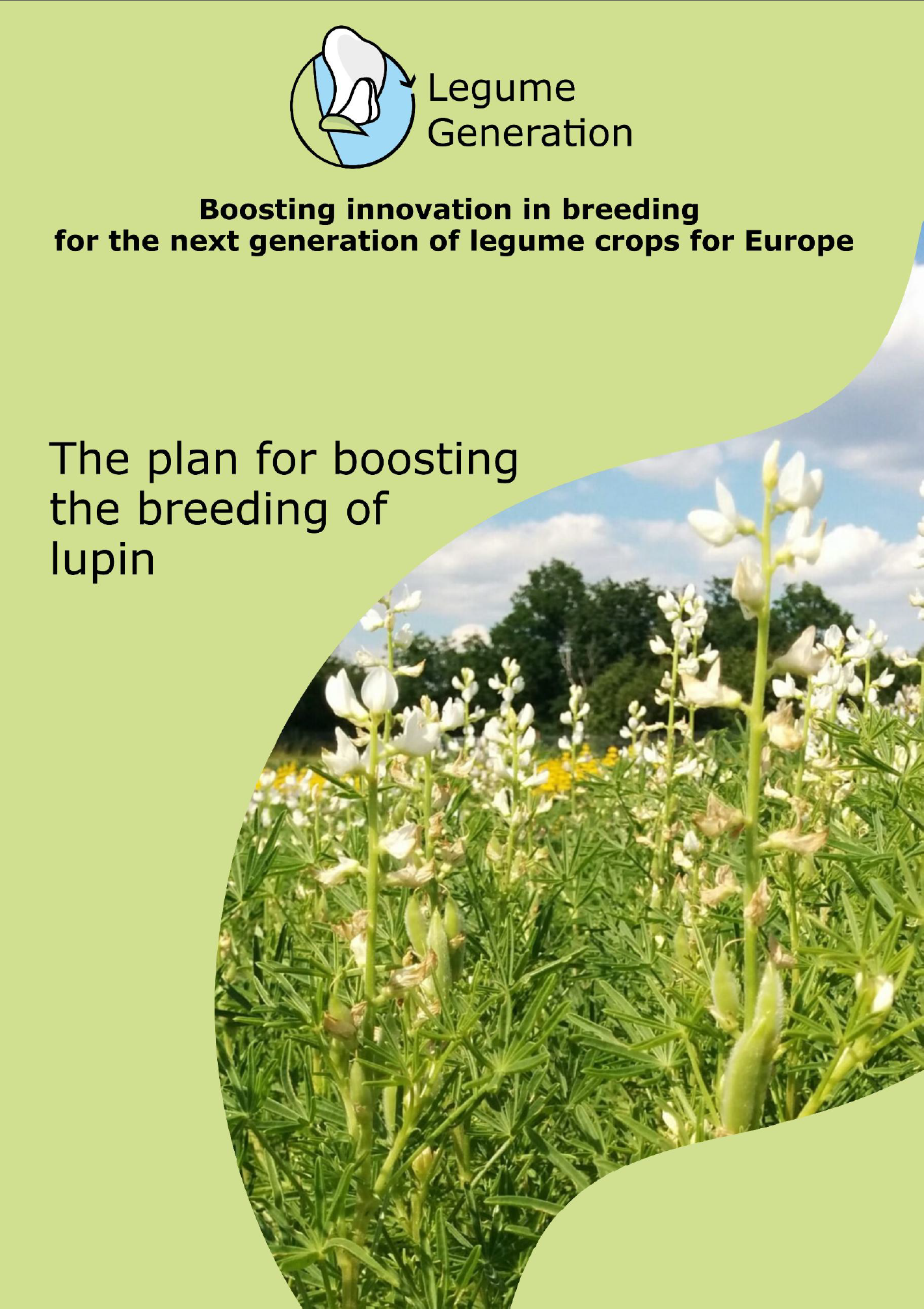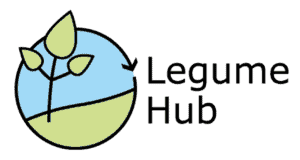- Fred Eickmeyer, Helge Flüß, Karolina Susek
- Legume Generation consortium
- 2024
-
There are two big areas in Poland and Germany where lupin species are grown in Europe. Just a few breeders run honest breeding programmes to improve lupin varieties for these regions. All breeding programmes exclusively select from sweet (low alkaloid) spring-sown forms. However, the global genetic basis of these lupin types is extremely narrow and hence, breeding progress is slow. Additionally spring sown crops suffer are vulnerable to drought. Most of the breeding progress is negated by increasing pre-summer drought in the relevant areas. Our breeding approach is the selection of winter types in at least three species. To develop these winter types, we use the experience and networks of our Lupin Innovation Community partners and beyond (our platform is open for scientists as well as and breeders as well as seed merchants) by connecting research in genetic ressources and pre-breeding for different traits with an applied breeding programme (see geographic distribution of our partners in Figure 1).
We work mainly with bitter (alkaloid-rich) lupins to make use of the agronomically relevant traits of this so far neglected gene pool. However, our mid-term goal is to develop sweet varieties either by crossing and backcrossing or by gene editing of alkaloid transport mechanism. The latter would open the whole, variation rich gene pool of bitter lupins to breeding immediately.
We make seed merchants aware of our activities even in this early stage of variety development and hope to engage the seed industry to invest in this promising new approach and network. -

Legume Generation Report 2 The plan to boost the breeding of lupin_Cover - Legume Generation Report 2 The plan to boost the breeding of lupin
Legume Generation Report 2 The plan to boost the breeding of lupin -
Vollmann Johann, Rittler Leopold, Hahn Volker, Yao Xindong, Đorđević Vuk, Martin Pachner, Willmar Leiser, Christine Riedel, Raluca Rezi, Claude-Alain Bétrix, Jerzy Nawracała, Inna Temchenko, Li-Juan Qiu, 2024. Soybean flowering in the north: Combination of Chinese and European genetics could support better adaptation of soybean to northern latitudes. Legume Hub. https://www.legumehub.eu
The plan for boosting the breeding of lupin
Posted: 07.10.2025
There are two big areas in Poland and Germany where lupin species are grown in Europe. Just a few breeders run honest breeding programmes to improve lupin varieties for these regions. All breeding programmes exclusively select from sweet (low alkaloid) spring-sown forms. However, the global genetic basis of these lupin types is extremely narrow and hence, breeding progress is slow. Additionally spring sown crops suffer are vulnerable to drought. Most of the breeding progress is negated by increasing pre-summer drought in the relevant areas. Our breeding approach is the selection of winter types in at least three species. To develop these winter types, we use the experience and networks of our Lupin Innovation Community partners and beyond (our platform is open for scientists as well as and breeders as well as seed merchants) by connecting research in genetic ressources and pre-breeding for different traits with an applied breeding programme (see geographic distribution of our partners in Figure 1).
We work mainly with bitter (alkaloid-rich) lupins to make use of the agronomically relevant traits of this so far neglected gene pool. However, our mid-term goal is to develop sweet varieties either by crossing and backcrossing or by gene editing of alkaloid transport mechanism. The latter would open the whole, variation rich gene pool of bitter lupins to breeding immediately.
We make seed merchants aware of our activities even in this early stage of variety development and hope to engage the seed industry to invest in this promising new approach and network.
Downloads
About this article
Acknowledgement: Legume Generation (Boosting innovation in breeding for the next generation of legume crops for Europe) has received funding from the European Union through Horizon Europe under grant agreement No 101081329 and co-funding from UK Research and Innovation (UKRI) from the UK government’s Horizon Europe funding guarantee. It also receives support from the governments of Switzerland and New Zealand.
For matters related to publisher, citation and copyright, please refer to the original article.
The content is solely the responsibility of the authors. No warranties, expressed or implied, are made with respect to the information provided. Information relating to the use of plant protection products (pesticides) must be checked against the product label or other sources of product registration information.




0 Comments